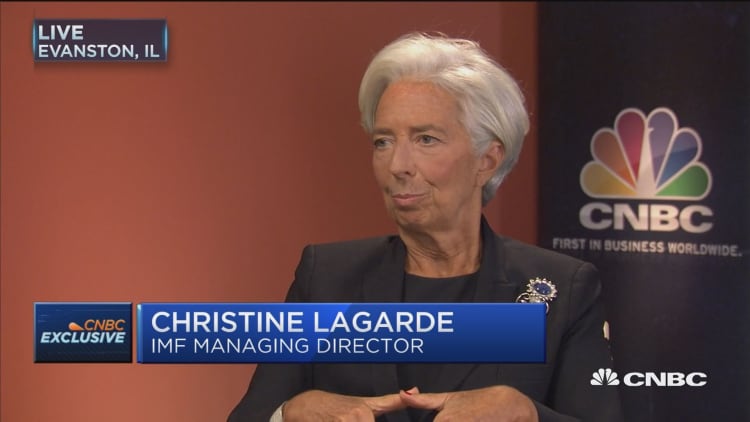Theresa May has set Britain on course to leave the EU by 2019 in her first major speech on Brexit, saying that the UK would become a "fully independent, sovereign" country in the clearest sign yet that she wants a clean break from Europe's single market.
The prime minister told cheering Conservative supporters at the Tory party's annual conference that Britain would insist on taking full control of immigration and refuse to accept the jurisdiction of the European Court of Justice.
Although Mrs May's team denied she had decided to quit the single market, the EU sees the free movement of workers and oversight of a single court as indispensable pillars of a common market.
"She seems to be saying that regaining sovereignty is so valuable, she is willing to pay a price in terms of economic disruption," said one senior EU diplomat.
More from the Financial Times:
May is right to offer clarity on Article 50
Theresa May aims for a soft-ish Brexit landing
May emerges as Brexit cheerleader
Mrs May said she wanted to give "British companies the maximum freedom to trade and operate in the single market", but not at the expense of allowing free movement or accepting the jurisdiction of judges in Luxembourg.
Meanwhile she told the conference that the UK would trigger Article 50, the official legal notification to its EU partners that it is going to leave the bloc, "no later than the end of March".
Once this formal process begins, Britain will have two years to hammer out a future relationship; Mrs May hopes to hold informal negotiations before the procedure formally begins.
There was relief in Brussels that Mrs May has committed to a Brexit timetable and that she has pledged to respect the EU's rules for leaving the union, but EU leaders have so far refused to contemplate "pre-negotiations" before Article 50 is activated.
Some diplomats in Brussels think that there will now be talks on the process of exit, which will inevitably touch on basic issues of substance.

Business groups and opposition politicians attacked the likely shift away from a single market, with Liberal Democrat leader Tim Farron saying that Mrs May had set the country on course for a "hard Brexit", which meant "disaster for British jobs, businesses and our economy".
Meanwhile, Mrs May also announced plans to repeal the 1972 European Communities Act, which gives direct effect to EU law in Britain, but crucially said that all existing EU laws would be transposed into domestic legislation.
She said that this would give some certainty to business and also promised that any future rewriting of existing EU laws would not see any weakening of employment protection in Britain.
The prime minister rejected the idea of a choice between a "hard" or "soft" Brexit, calling it a "false dichotomy" being "propagated by people who have still not accepted the result of the referendum".
"The process we are about to begin is not about negotiating all of our sovereignty away again," she said.
After a summer of silence from ministers over how they intended to go about delivering the result of June's referendum, Mrs May came out fighting in Birmingham.
She rejected calls from the devolved governments to give them a role in the negotiations, calling them "divisive nationalists" and saying "there is no opt-out from Brexit".
Mrs May also accused campaigners bringing a legal challenge to the government's decision not to seek parliamentary approval to trigger Article 50 of "insulting the intelligence of the British people".
Speaking after Mrs May, David Davis, Brexit secretary, moved to address concerns that Europeans already resident in the UK could be forced to leave. "We will protect the rights of EU citizens here, so long as Britons in Europe are treated the same way," he said.

